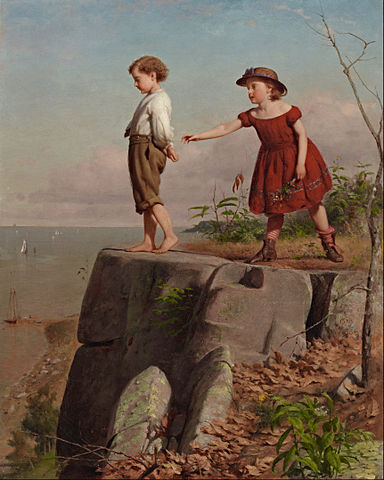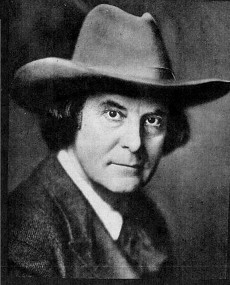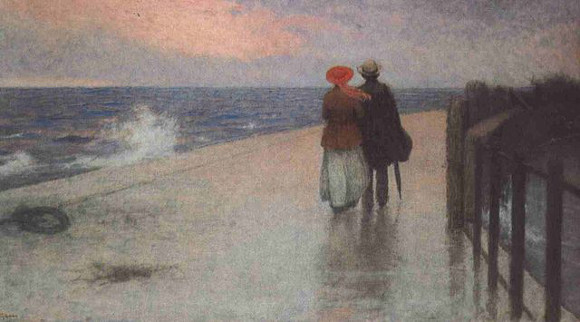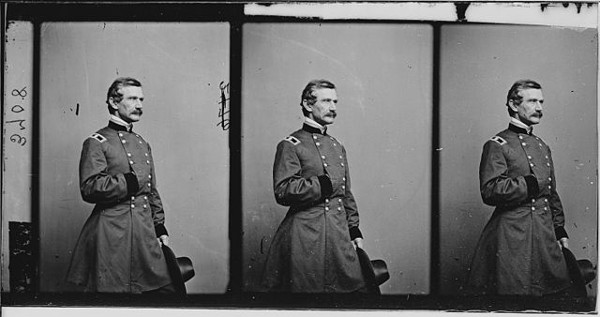
cogitabund
adj. musing, meditating, thoughtful, deep in thought
In his Treatise of the System of the World, Isaac Newton imagines firing cannonballs with greater and greater velocity from a high mountaintop. “The body projected with a less velocity, describes the lesser arc VD, and with a greater velocity, the greater arc VE, and augmenting the velocity, it goes farther and farther to F and G; if the velocity was still more and more augmented, it would reach at last quite beyond the circumference of the Earth, and return to the mountain from which it was projected.”
Indeed, if air resistance is not a factor, the cannonball will return to the mountain with the same velocity with which it left it, “and retaining the same velocity, it will describe the same curve over and over, by the same law,” like the moon. Thus with a simple thought experiment Newton conceived that gravity was the key force underlying planetary motion.
In a fitting tribute, the diagram above is now traveling beyond the solar system on the Voyager Golden Record, on a journey that its author helped to make possible.




